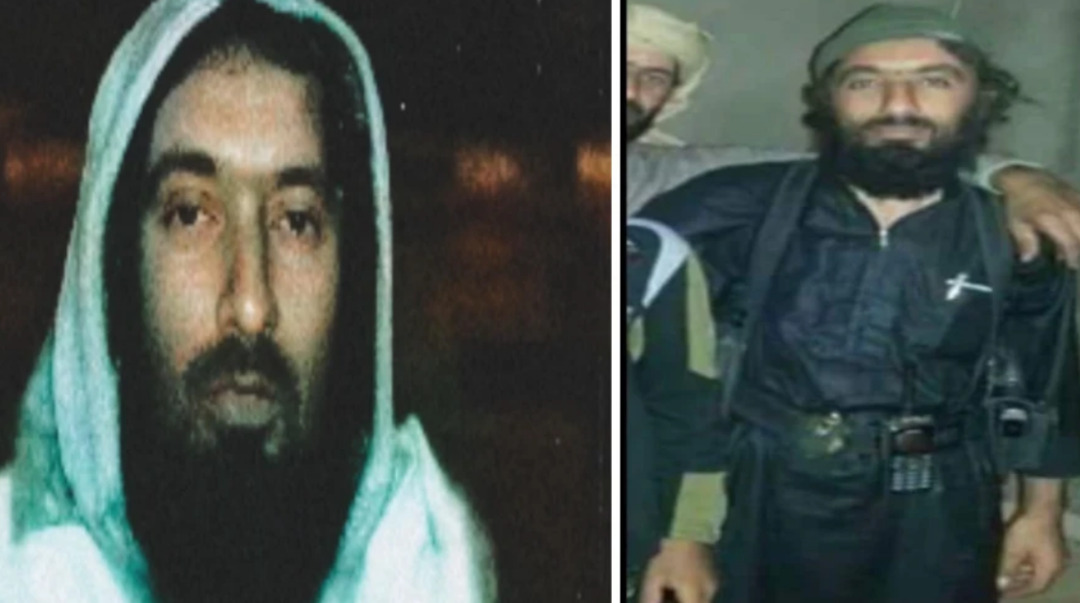-
Al-Sheitat Families Association: Al-Hardani’s Death Does Not Replace the Need for International Justice

The Association of Families of the Al-Sheitat Massacre Victims has issued a statement holding senior ISIS commander Diaa Al-Hardani directly responsible for the atrocities committed in the Al-Sheitat villages in eastern Deir Ezzor countryside in 2014, which resulted in the deaths of over 800 civilians.
The statement came following an announcement by the U.S. Central Command (CENTCOM) confirming the killing of Al-Hardani, known by his alias “Abu Fatima Al-Hardani,” along with two of his sons, during a special operation in the city of Al-Bab in northern Aleppo province on Friday morning. CENTCOM stated that the targets posed a direct threat to U.S. forces, the International Coalition, and the new Syrian government. It also confirmed that three women and three children were present at the site but were unharmed.
According to the Association, Al-Hardani, an Iraqi national, was one of ISIS’s top security leaders. He held the position of Emir of the Western Sector in what was then known as “Wilayat Al-Furat”, and previously served as the group's chief of public security in that region. He was directly involved in mass executions and arbitrary arrests in the towns of Granij, Kishkiyah, and Abu Hamam.
Based on the Association’s documentation and testimonies from survivors, Al-Hardani’s most egregious crimes include:
Issuing execution orders against civilians without any judicial process.
Overseeing mass arrests targeting members of the Al-Sheitat tribe.
Leading operations of looting and seizure of civilian property.
Running the group’s internal security apparatus and terrorizing residents.
Pursuing survivors of the massacre, confiscating their belongings, and threatening them with death.
The Association also revealed that prior to joining ISIS, Al-Hardani was involved in cross-border smuggling between Syria and Iraq—particularly in oil and tobacco—which enabled him to build a wide network of connections that later supported his rise within ISIS ranks.
In its statement, the Association emphasized that Al-Hardani’s death does not eliminate the need for full international justice, calling for continued efforts to document crimes, collect evidence, and protect witnesses to ensure accountability for all those involved in the Sheitat massacre through independent and transparent judicial mechanisms.
It is worth noting that the Al-Sheitat Massacre, which unfolded during July and August 2014, is considered one of the most brutal atrocities committed by ISIS in Syria. The violence began when the group executed three members of the tribe in the village of Abu Hamam. In retaliation, Al-Sheitat fighters killed one of ISIS’s emirs. This prompted ISIS to declare war on the tribe and launch a full-scale assault on its towns using heavy artillery and machine guns.
After the Al-Sheitat fighters ran out of ammunition and withdrew, ISIS forces stormed the villages and carried out mass executions, including of dozens of oil field workers from the tribe. The killings continued even after the population fled, with ISIS pursuing displaced residents and targeting every male over the age of 14.
The executions were carried out at checkpoints by verifying IDs, bringing the total number of victims to more than 1,000 civilians from the tribe.
You May Also Like
Popular Posts
Caricature
opinion
Report
ads
Newsletter
Subscribe to our mailing list to get the new updates!






















